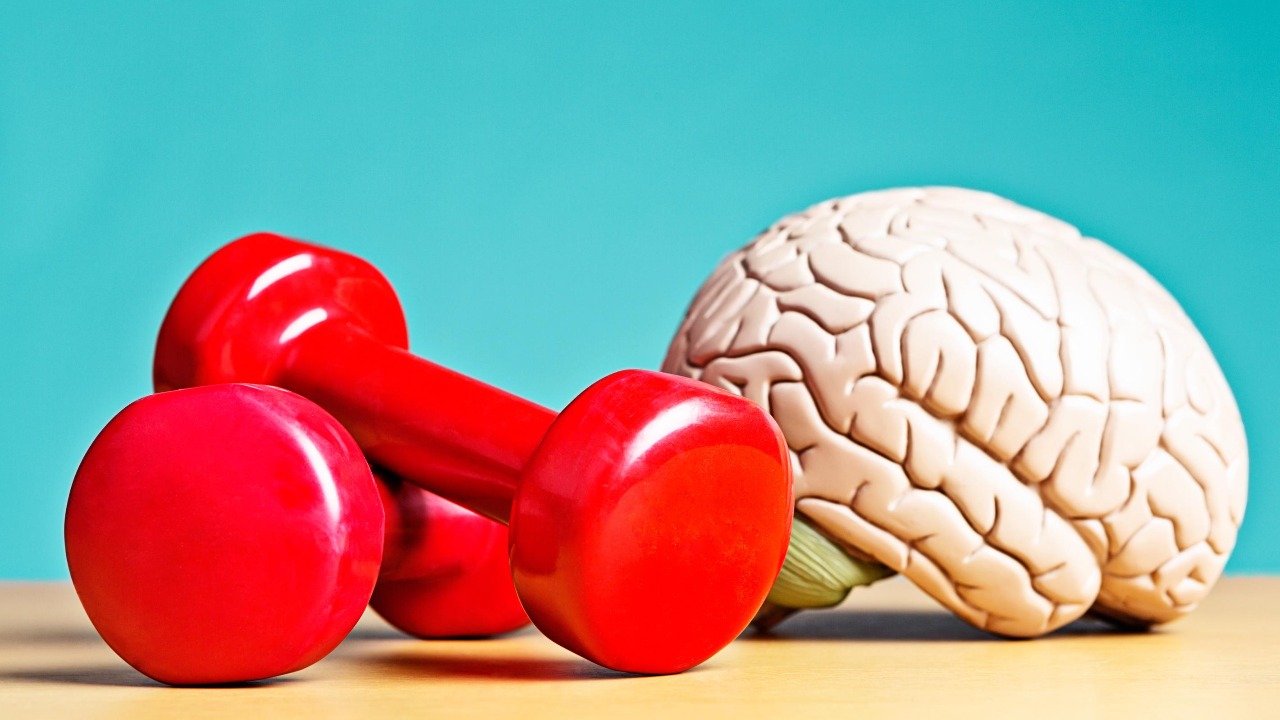Many people go to the gym or jog on the sidewalk to improve cardiovascular health, build muscles, and of course relax the body and mind, but exercise also has many benefits. In the past ten years or so, scientists have been thinking about how exercise can enhance brain function. Regardless of age or fitness level (yes, it includes people from shopping to marathoners), research shows that taking time out to exercise can bring some serious psychological benefits. By reading these unexpected exercise methods to stimulate exercise motivation, these exercise methods can benefit mental health, interpersonal relationships and lead to a healthier and happier life overall.
Reduce stress: A hard day at the office? Take a walk or go to the gym for a quick workout. One of the most common spiritual benefits of exercise is stress relief. Working out can aid manage physical and mental stress. Exercise can also increase the concentration of norepinephrine, which can relieve the brain’s response to stress. Therefore, continue to work hard and sweat-exercise can reduce stress and enhance the body’s ability to cope with existing mental stress. Win-win!
Boost Happy Chemicals: Trekking a few miles on the “mill” is difficult, but worth the effort! Exercise releases endorphins, resulting in happiness and euphoria. Studies have shown that exercise can even reduce the symptoms of clinically depressed patients. Therefore, doctors recommend that people with depression or anxiety (or those who have just felt bluish) write in plenty of exercise time. In some cases, exercise is as effective as treating depression. If you are not exactly the rat type of the gym, don’t worry-exercising for 30 minutes several times a week and getting a happy buzz can instantly improve overall mood.
Improve Self-Confidence: Jump on the treadmill and look (and more importantly feel) like a million dollars. On a very basic level, good health can enhance self-esteem and improve a positive self-image. Regardless of weight, body type, gender or age, exercise can quickly increase people’s perception of their attractiveness, that is, self-worth. How do you feel the (self) love?
Enjoy The Great Outdoors: In order to enhance self-love, please exercise outdoors. Exercising outdoors can further improve self-esteem. Look for outdoor exercise that suits your style, whether it’s rock climbing, hiking, renting a canoe or jogging in the park. In addition, all the vitamin D obtained by absorbing sunlight (of course, wearing sunscreen!) can reduce the likelihood of depression.
Prevent Cognitive Decline: This is unpleasant, but it is true-as we age, our brains become a little… hazy. As aging and degenerative diseases (such as Alzheimer’s disease) kill brain cells, noggin actually shrinks and loses many important brain functions. Although exercise and a healthy diet cannot “cure” Alzheimer’s disease, they can help support the brain and resist the cognitive decline that begins after the age of 45. Exercise, especially between 25 and 45 years old, can strengthen the chemicals in the brain that support and prevent degeneration. The hippocampus, which is an important part of brain memory and learning.
Sharpen Memory: Get ready to win big prizes at Go Fish. Regular physical exercise can enhance memory and the ability to learn new things. Sweating increases the production of hippocampal cells responsible for memory and learning. Therefore, research has linked children’s brain development to their physical fitness levels (by the way, hate hatred!). However, brainpower based on exercise is not just for kids. Even if it is not as fun as the Red Rover game, exercise can also improve the memory of adults. A study shows that running sprints can improve the vocabulary retention of healthy adults.

